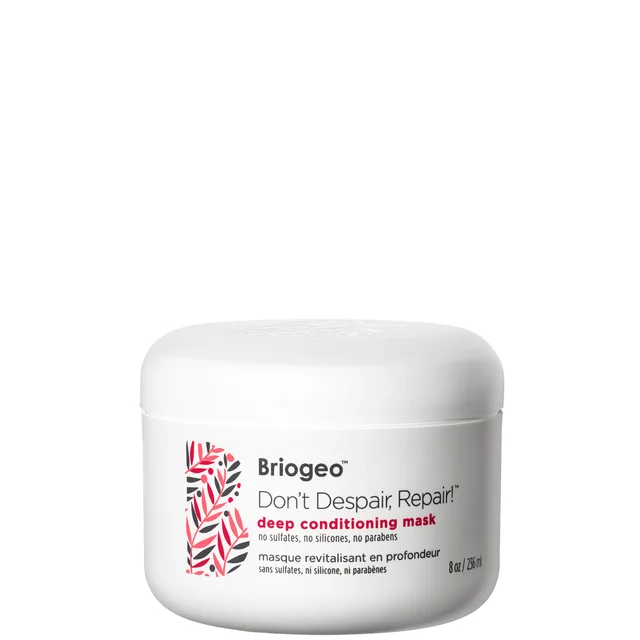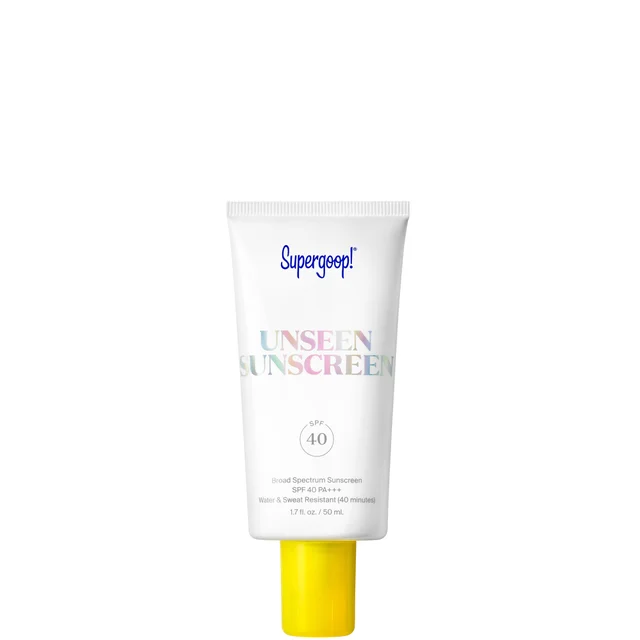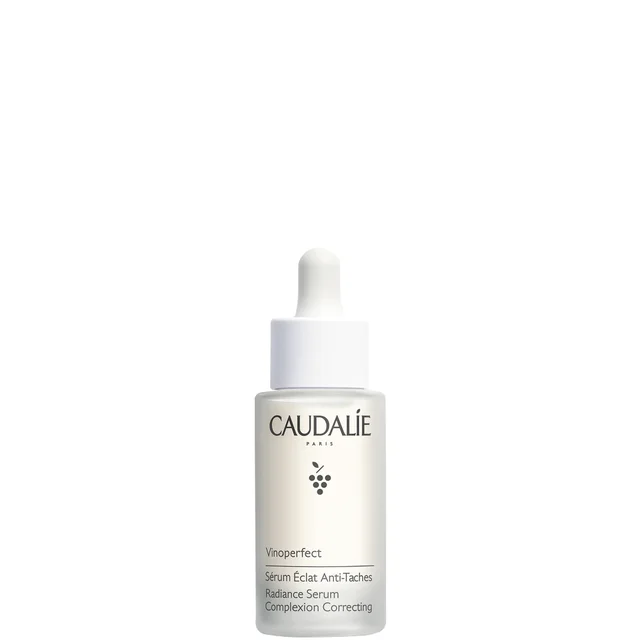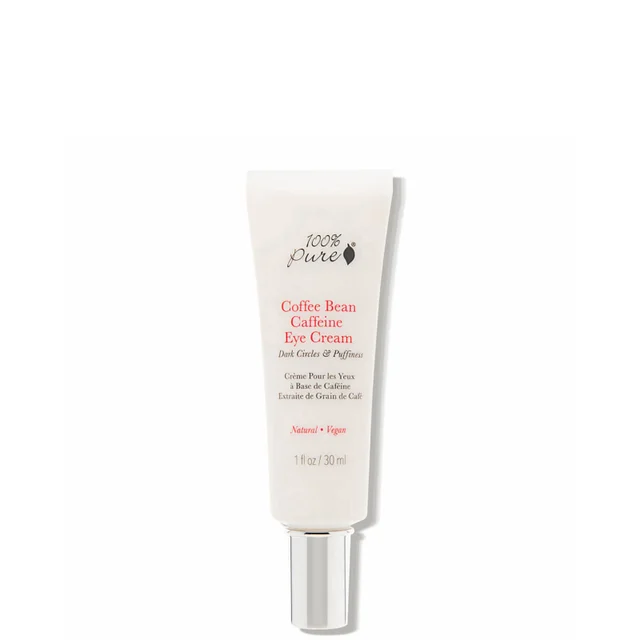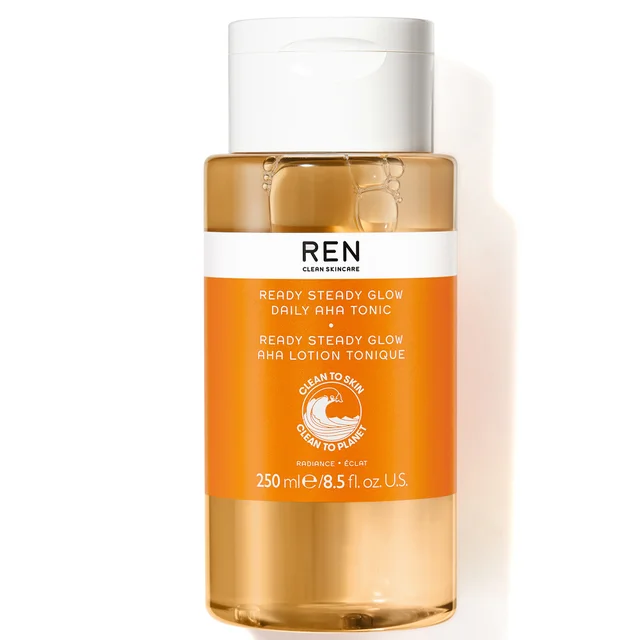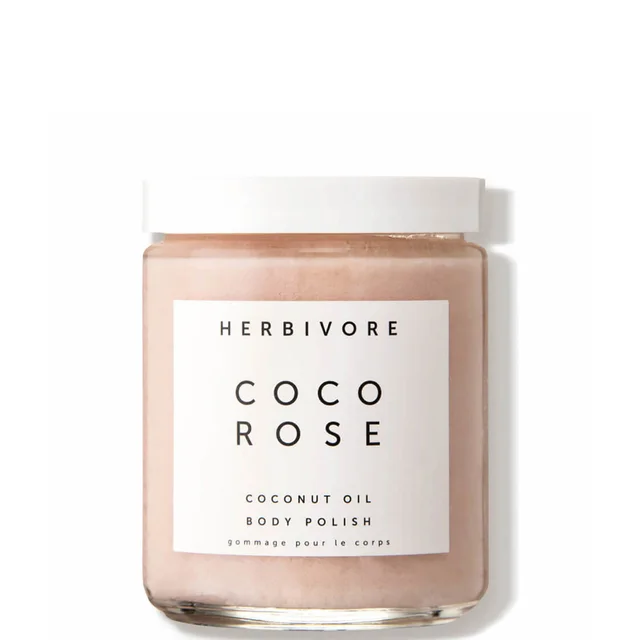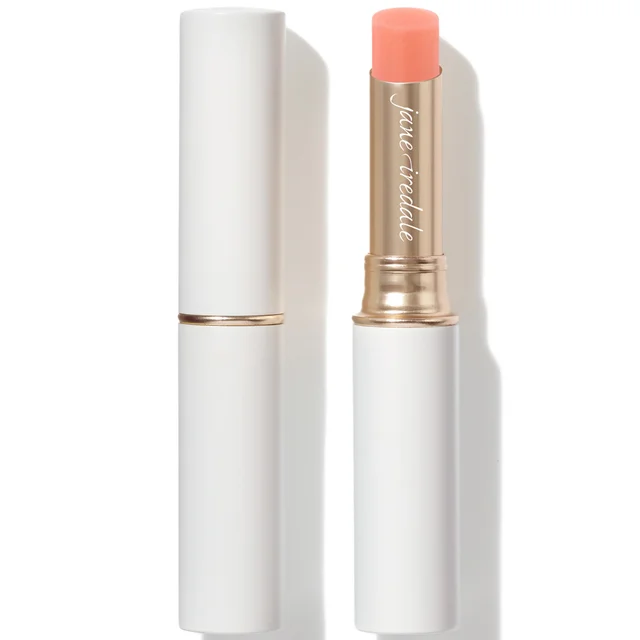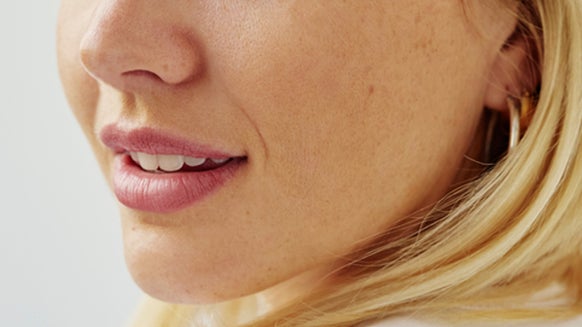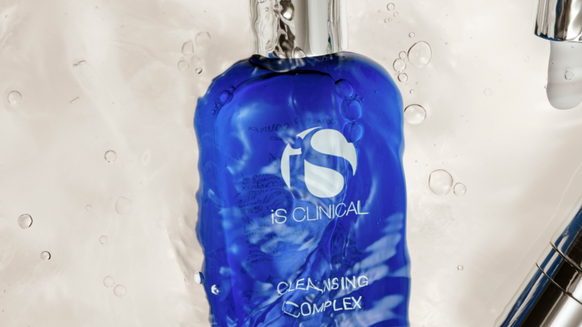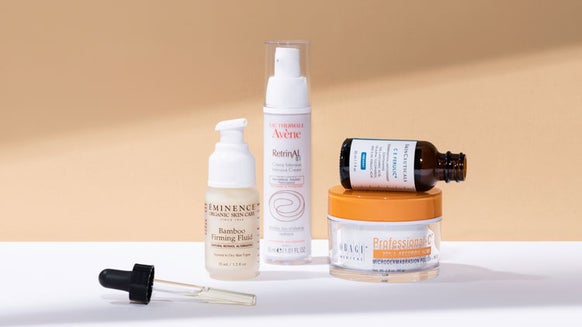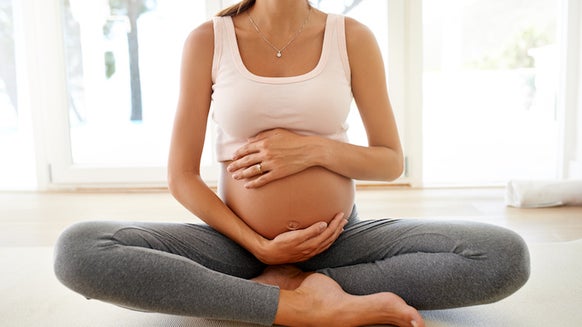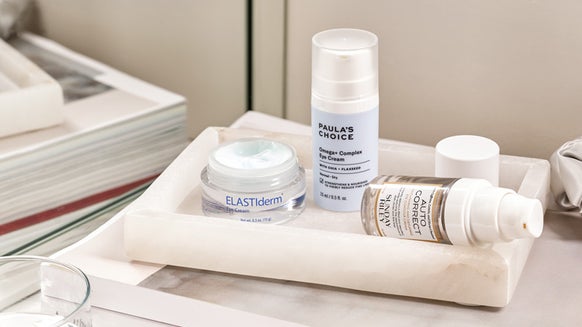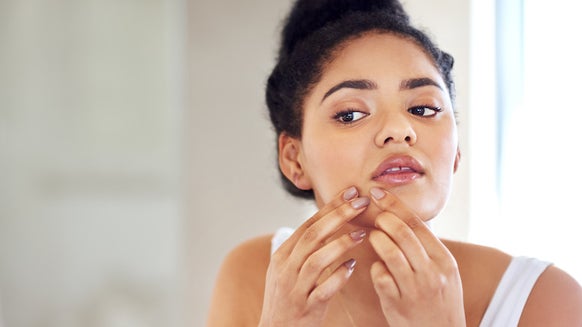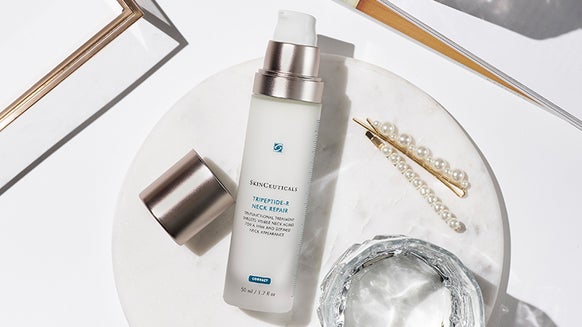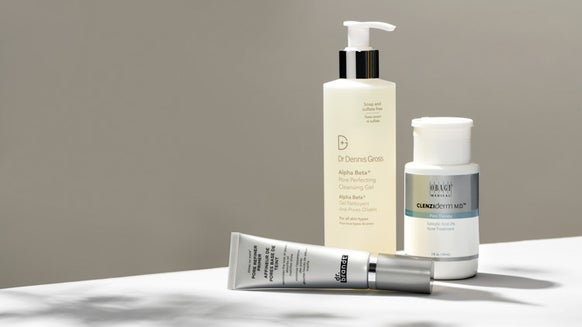We Asked So You Don’t Have To: What Is Clean Beauty?
Unless you’re talking about soap, it can be hard to pin down a definitive definition of “clean beauty.” Most of the time, the descriptor refers to cosmetic products that are free of “harmful” ingredients—a moving target that isn’t regulated by any governing body.
Generally speaking, says dermatologist Dr. Josh Zeichner, MD, associate professor and director of cosmetic and clinical research at The Mount Sinai Hospital, clean products are free of fragrances, dyes, phthalates, sulfates, parabens, and cyclic silicones. “It’s often defined differently depending on which brand you are looking at,” he says.
While research is evolving on ingredient safety, there may indeed be benefits to reaching for clean beauty alternatives over conventional cosmetics. Here’s what you need to know about clean beauty and its perks.
What Is Clean Beauty and What Are the Benefits?
Whether you’re applying eye cream or sunscreen, the stuff you put on your skin has potential to seep into your body and enter your blood stream where it can affect various bodily systems in some unexpected—and sometimes, scary—ways. Clean beauty brands seek to eliminate those risks by choosing the purest ingredients over those with potentially deleterious effects. While terms can be cloudy—again, they’re not officially regulated by any governing body—you may see some of the following hot words on your most beloved bottles, creams, and tubes.
Here’s what they mean in the skincare world, JFYI:
- Clean: Free of common chemicals that are considered by some to be toxins. These may include endocrine disruptors, heavy metals, parabens, phthalates, and other potentially harmful ingredients.
- Organic: USDA-certified organic is a label typically reserved for foods; it’s regulated by the USDA. When applied to beauty product ingredients, it typically means the ingredient is made and processed according to strick government guidelines that regulate factors including soil quality, animal raising practices, pest and weed control, and use of additives. For these reasons, organic may be safer. However, there is no regulated definition of the term organic with respect to skincare products, Dr. Zeichner notes, and the USDA only regulates food, not beauty products.
- Green: Good for—or not entirely harmful—for the environment. Or literally, green (as in, green tea!).
- Vegan: Made entirely without animal products (and sometimes, without animal testing).
- Natural: Made mostly (or entirely) with ingredients derived from the earth.
- Sustainable: Designed to curb environmental impact by reducing waste, be it from recycled product packaging or refillable packaging.
Clean Beauty Ingredients
Clean beauty products tend to be composed of ingredients that come directly from the earth rather than a laboratory. In theory, they are free of ingredients that are purported to be harmful to the body—although it’s worth noting that natural isn’t always better. (Think: Poison ivy.)
If you have sensitive skin or are otherwise keen on keeping questionable chemicals out of your your makeup routine, Dr. Zeichner recommends choosing cosmetics that are fragrance-free, since fragrances are common cause of allergic reactions. Alternatively, if your skin is particularly oily or prone to acne, it may be more important to look for products labeled non-comedogenic, which means they won’t clog your pores or cause pimples, he says.
Our Favorite Clean Beauty Brands
While makeup aisles can feel like minefields when you’re goal is to avoid harmful ingredients, the beauty brands below go out of their way to ensure their products aren’t just safe for your skin, but kind to the environment, too.
1. Briogeo Don't Despair, Repair!™ Deep Conditioning Hair Mask 8 oz
2. Supergoop!® Unseen Sunscreen SPF 40 1.7 fl. oz.
3. Caudalie Vinoperfect Radiance Serum 1 oz.
4. 100% Pure Coffee Bean Caffeine Eye Cream (1 fl. oz.)
5. REN Clean Skincare Ready Steady Glow Daily AHA Tonic (8.5 fl. oz. - $50 Value)
7. Herbivore Botanicals Coco Rose Coconut Oil Body Polish (8 oz.)
9. jane iredale Just Kissed Lip and Cheek Stain (0.1 oz.)

From the latest hair and makeup trends to the best solutions for your skin issues, we've got all your beauty concerns covered!
